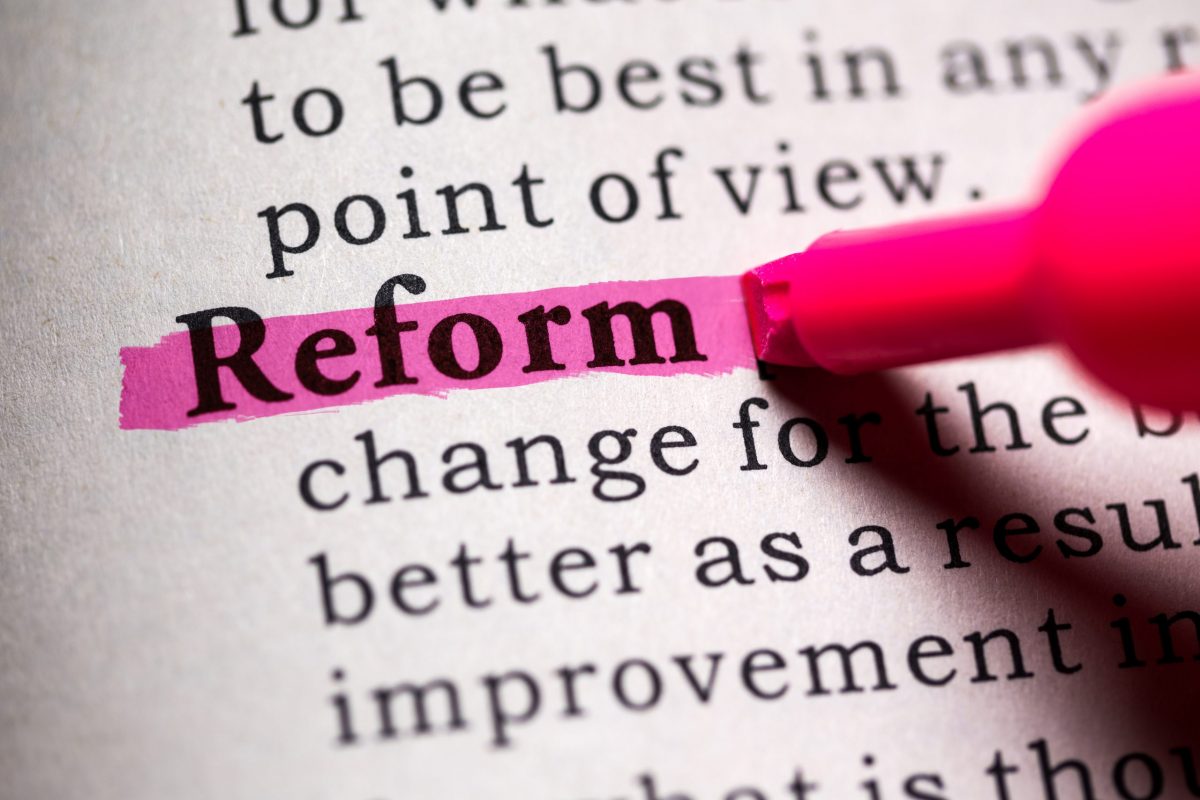
The Board’s (Almost Mandatory) Role in Form 990 Preparation
07.24.2024 | Linda J. Rosenthal, JD

This year’s legislative session in California ended on schedule in late summer, but there had been several interruptions by pandemic-related recesses. Lawmakers had hoped to take up many important issues but most of these plans were thwarted because of more urgent priorities. Some legislators and Sacramento observers described the term as tense and unsettling, despite there being single-party control of the governorship and the Legislature.
For the nonprofit sector, there has been enthusiasm for some time for regulatory action on donor-advised funds (DAFs). Last year’s – (that is, 2019’s) – groundbreaking reform proposal sputtered out. There were definite plans to take it up again in January 2020. But that was before the pandemic hit. A revised DAF bill introduced early in 2020 made it through part of the legislative process this session, only to be pushed aside in mid-summer when lawmakers worked on what they considered more critical matters.
Notwithstanding these temporary setbacks, proponents of DAF reform and heightened regulation say they will try again when the Legislature gets back to work in early 2021.
Donor-advised funds are a wildly popular device for today’s philanthropists. But critics assert that there is far too much money hoarded in DAF accounts without a mandate to distribute these charitable funds reasonably close in time to when the donors receive substantial tax benefits.
In early 2019, California Assembly Member Buffy Wicks (D-Berkeley, Oakland) introduced AB 1712 to get the ball rolling on what she and other proponents including the California Association of Nonprofits hoped would be groundbreaking, first-of-its-kind, legislation in the United States to rein in abuses. See California Association of Nonprofits Sponsors Bill to Regulate DAFs (March 19, 2019), Ruth McCambridge, The Nonprofit Quarterly. If enacted, a statute along these lines would likely be influential well beyond the California borders as model legislation for other jurisdictions.
Assembly Member Weeks explained at that time the rationale of AB 1712; namely, to make sure that charitable-donation tax benefits are “being used as they were intended: to directly benefit the people and causes of service providers” instead of “… as a vehicle to benefit a few wealthy individuals while depriving the general public of the benefits that result from direct gifts to charitable service providers.”
This proposal engendered significant pushback and controversy from DAF proponents. See our post from November 2019, Donor-Advised Fund Bill In CA Stalled. “Set against the background of the continuing, high-profile, debate about donor-advised funds (DAFs),” we wrote back then, “the California Assembly in 2019 considered – but temporarily tabled until early next year – the nation’s first attempt at proposed regulation.” See update in Donor-Advised Funds: New Reform Proposal (December 11, 2019).
In 2020, “[t]wo bills in the California Legislature that would have significantly increased regulatory oversight…” related to charitable giving were, “via different procedural means, effectively tabled for the remainder of the year,” explains Robert Wexler, Esq., of Adler & Colvin, in California Legislation on Charitable Fundraising Platforms Tabled Until Next Year (August 27, 2020).
The first 2020 bill was by Assembly Member Buffy Wicks, taking a second bite at the apple on her goal of reforming donor-advised funds practice. Her bill, AB 2936, Supervision of Trustees and Fundraisers for Charitable Purposes Act: donor-advised funds (2020) included a requirement that the California Attorney General’s office treat sponsors of donor-advised funds (“DAFs”) as a separate class of regulated charity. This, it was hoped, would successfully push the AG to “adopt regulations to require new reporting specifically from DAF sponsors.”
AB 2936 was again supported by the California Association of Nonprofits. Unsurprisingly, it was also again opposed by many DAF sponsors, including large community foundations. The Assembly passed the bill in June 2020, but the measure then languished in the Judiciary Committee of the California Senate until time ran out for this session of the Legislature on August 31, 2020.
The second bill of interest in 2020 to the nonprofit sector was sponsored by Assembly Member Jacqui Irwin (D-Thousand Oaks). AB 2208 – Charitable organizations: charitable fundraising platforms and platform charities was ” a broader effort to regulate online philanthropy (other than DAFs), and specifically focuse[d] on charitable fundraising platforms that have become common in the Internet age.” The measure, drafted by the California Attorney General’s Office, defined two types of entities that “raise funds for charities and, currently, either are not regulated at all, or are regulated in ways that don’t focus on their online presence”: (1) “charitable fundraising platforms” and (2) “platform charities.”
Under proposed AB 2208, there would have been new consent and disclosure requirements for these online platforms. According to Robert Wexler, “[b]oth the Attorney General’s office and Assemblywoman Irwin’s office were very receptive to stakeholder feedback, including comments from” the affected entities. The measure, though, was placed on suspense in the Senate Appropriations Committee. Mr. Wexler explains that, while he did “not agree with everything in AB 2208”; nevertheless, “some version of it, particularly on the issue of consent by charities on behalf of whom an online platform raises funds, is necessary to update California’s outdated law, which does not contemplate online philanthropy.”
There is every indication that both of these bills relevant to the nonprofit sector will be resubmitted in some form and reconsidered in 2021. We will follow and report back on any developments including possible discussions over the next few months among stakeholders and interested parties for compromise and revision of these proposed statutes.
— Linda J. Rosenthal, J.D., FPLG Information & Research Director
